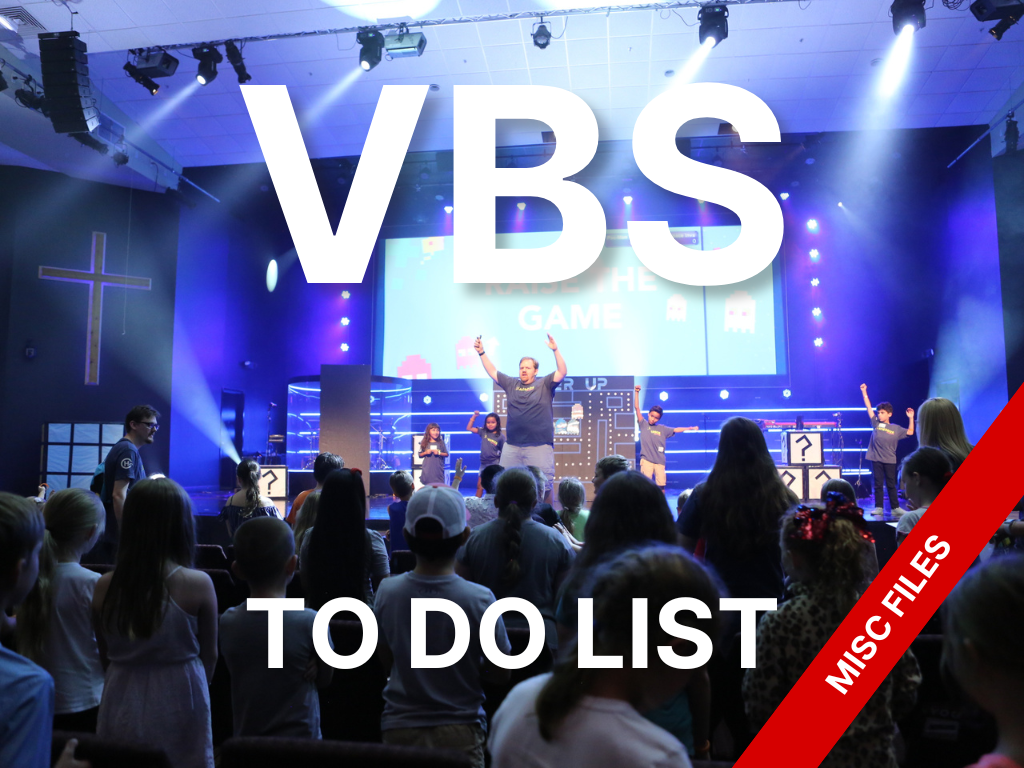4 Focuses for Your First Ministry Leader Meeting
Photo by Sweet Life on Unsplash
At the time of this writing, it’s my first week as the Lead Pastor of Encounter Church in Toccoa, GA. I’m excited about this new role and all that God is going to do in coming years at this great church.
That said, the first 100 days of any new position is the most important. So much so that they even wrote a book about it.
One of the best ways I’ve started well is to have a meeting with all the leaders of the church or ministry. I’ve done it at the last 4 churches I’ve served. And while it’s looking a little different at this place (I’ll write more about it once I get deeper into the role), I’m still following the same playbook I’m sharing in this post.
But why are these meeting so important? If you’ve ever transitioned to a new church, you know that you’re surrounded by well-wishers and congratulators. It seems tons of new people want to be your friend. They will beg for your time and attention. And you should give it to them, but in due time. When starting out, you need to focus your time and attention on the most important relationships in your new role. These people are the existing leaders who are now under your care.
These people can run the gamut of emotion when reacting to you. They can be excited for what’s to come. Completely scared and standoffish because of the change you represent. Or so exhausted that they can’t wait any longer to hand you the ball.
I’ve seen it all, and as the leader, it’s essential to get a feel for the room. I always wanted the “old guard” to stay with me, so the best way to gauge their interest was to have a meeting with them. Some of these can be one on one, others can be one big meeting. It depends on how closely you’ll be working with them and how vital they are to the ministry.
As you meet with them, focus on these 4 things.
1. Get to know them
It’s tempting when meeting with new people to talk all about yourself. It’s an open secret that a person’s favorite subject is themselves. So, before you talk their ear off about you and your plans for the future, be quiet and listen.
The best way to connect with someone is to hear their story. Ask them how long they’ve been coming to the church? Why do they serve where they do? How did they get into leadership? How’s their family? Do they love their job? Does it help them serve?
Let them talk. Listen, learn, take notes. Fight the urge to hop in with a story of your own. I struggle with this all the time. Instead ask the second and third question. You’ll have time to share about yourself later.
Getting to know your people shows you care for them and about them. It helps them feel safe and that they can trust you. As John Maxwell likes to say,
“No one cares how much you know, until they know how much you care.”
2. Use a home
It can be tempting to meet at a restaurant or the church. But fight this. It’s much better to meet either at your home or a volunteer’s.
At a restaurant, you’re all around a table and it’s difficult to hear everyone talking. Other conversations will form that you’re not a part of. It can work for one on ones but not for a large group.
Alternatively, the church can feel too formal. It will feel like a business meeting where everyone will want to talk about the ministry, and what they’re doing. While that’s great information that you need, the focus of this meeting is to get to know everyone. If all you do is sit around and talk shop, you won’t make the connection you need.
This is why I suggest using a home. A volunteer’s home is good, yours is better. I’ve done both with great results. Using a home makes the meeting feel less formal. People will be more relaxed sitting on couches or at a kitchen table, than around a boardroom or worse, a stage. You want the conversation to be natural and free-flowing. That happens a lot easier in a home.
Similarly, get easy food. Pizza, hamburgers, or BBQ are great options. You want something people can easily eat with a plate in their lap. Informal food will lend itself to informal conversation in an informal place. That’s what you want.
3. Ask what they like and dislike
After you’ve spent time getting to know the people, start asking questions about the ministry. My favorite questions are what they like and dislike about the ministry. You can also ask about the previous leader. Everyone in the church will compare you to the previous leader(s). You may as well know what standard they’re holding you to.
The main reason I ask these questions is to evaluate their values. The things they tell you they love will be the things you want to keep going for the foreseeable future. The things they tell you they don’t like are things you can probably change quickly.
Also in these conversations, I like to point out that I’m not my predecessor. I may do things they did, or I may not. Please don’t expect me to act like that person. This sets the expectation and calls out the elephant in the room. Subconsciously or not everyone in that room will be comparing you to what they know. Calling it out in the open makes it easy for them to recognize what they’re doing and express their concerns going forward.
4. Cast your Vision
Coming into this role, you probably have ideas about what you’d like to change. The leaders in this meeting are the ones who are going to make it happen. They need to be on board.
Now that you’ve spent time creating a relaxed, fun environment where people have freely shared their stories and their opinions of the ministry, you can lay out what you want to see happen.
I caution you not to go into specifics now. Some leaders, especially the detail-oriented ones will want to know when and how. You don’t want to answer these questions yet for two reasons. One, you probably don’t know them. You don’t want to kill an idea before it has time to get off the ground. And two, you don’t know what you don’t know. You did spend a lot of time getting to know these people, but there are so many more that you don’t know. There are dynamics in ministry-work, like budgets, your leader’s vision, volunteer availability, past hurt and so much more that you need to learn.
Instead, talk in generalities. Talk about the life change you want to see happen. Talk about what programs, ministries, or outreach events you’d like to start or continue. Talk about how you can work together to make it all happen. Be honest that you don’t have all the details yet. But be confident that God is with you and He will show you the way.
The first 100 days are very important to your whole time at your new role. This meeting should be held in the first week or two of you starting your new job. Your leaders need to know that you care and where you’re taking them. Use this meeting to lay the foundations and reap the benefits for months and years to come.













